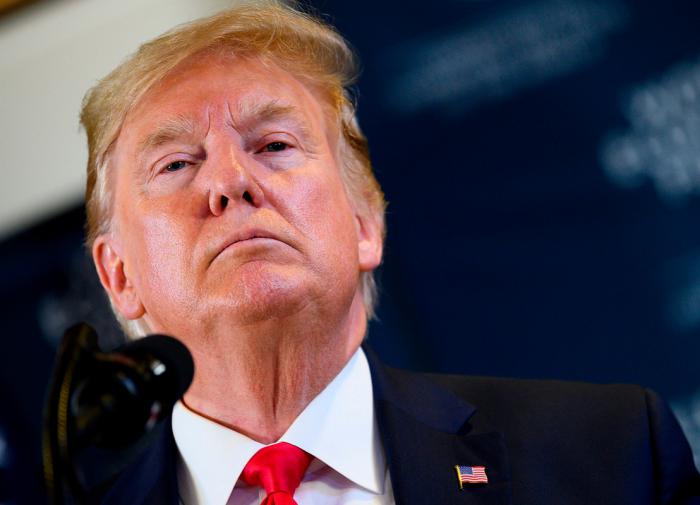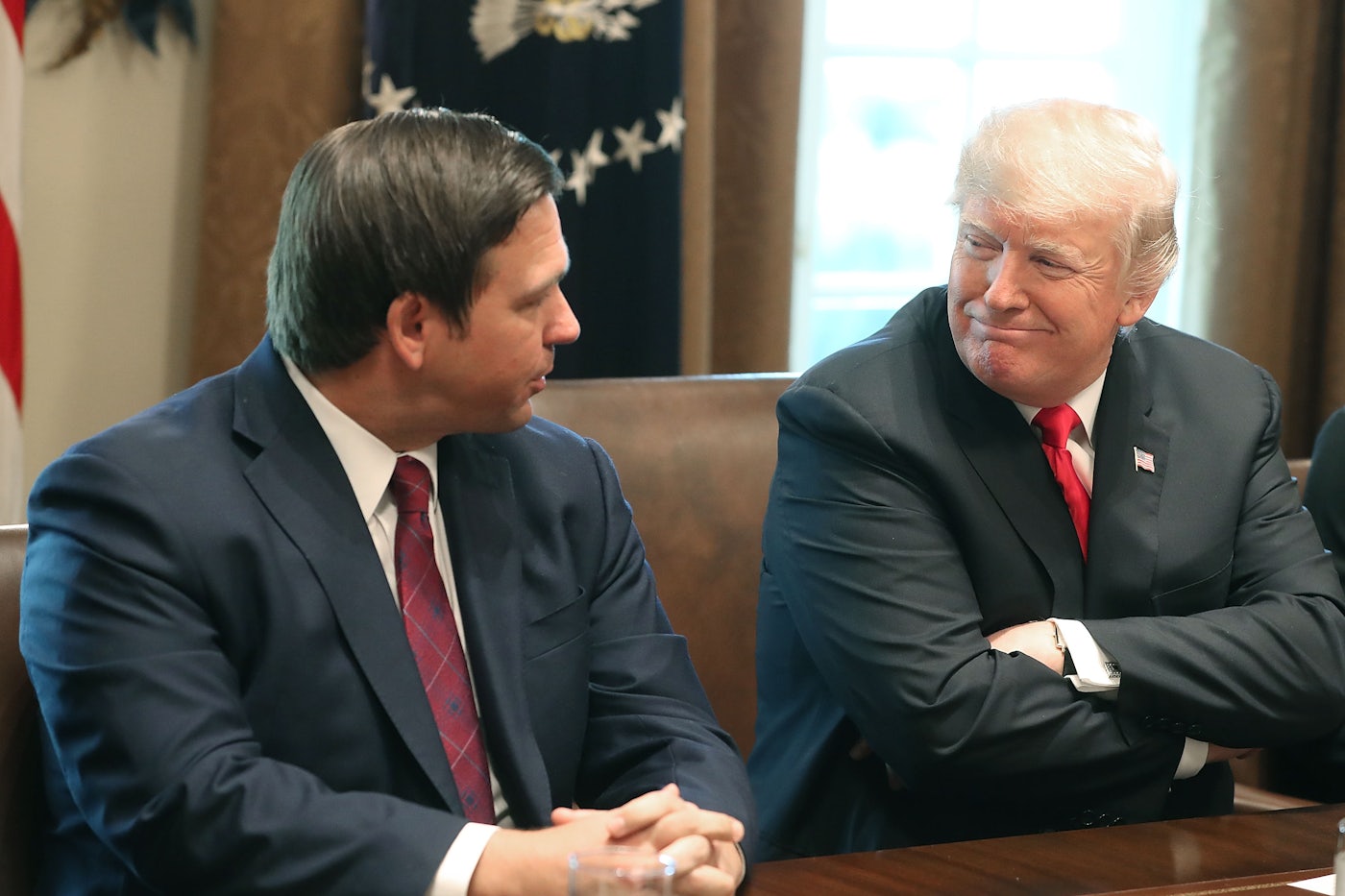‘Healing Labor’: Examining how Japanese
sex work is woven into culture and economy

BY NICOLAS GATTIG
CONTRIBUTING WRITER
One of the pleasures of Gabriele Koch’s new book “Healing Labor: Japanese Sex Work in the Gendered Economy” is how its erudition is mixed with an anthropologist’s ear on the ground. Alongside interviews with adult women workers in Tokyo’s sex industry, it starts with an excerpt from a Japanese TV show recorded in 2006 that may leave you scratching your head.
On the show, a young female office worker asks candidates for the prime ministership of Japan — including then-Chief Cabinet Secretary Shinzo Abe — if they think it immoral to work in the sex industry. Impeded from realizing her intended career goals at a monthly salary of ¥140,000, the woman says she is drawn to the autonomy and the possible earnings the sex industry offers.
Healing Labor: Japanese Sex Work in the Gendered Economy, by Gabriele Koch
248 pages
STANFORD UNIVERSITY PRESS
248 pages
STANFORD UNIVERSITY PRESS
After former Finance Minister Sadakazu Tanigaki agrees that her current wage is indeed “a tough salary to live on,” Abe adds, to audience laughter, that the forms of sex work in Japan are diverse. “The law legally permits these businesses,” he continues. “There are people in this industry who take pride in what they do, and the industry also includes ‘traditional’ Japanese occupations.”
Abe concludes by asking the woman to consider the consequences of her choices, including becoming viewed as a social outsider, without commenting on her salary or lack of opportunities for advancement.
Problematic as that may sound, it is one of the many perspectives coming straight from the horse’s mouth that Koch has assembled into a menagerie of “sex for sale” stories from one of the largest markets in the world.
An assistant professor of anthropology at Yale-NUS College in Singapore, Koch spent almost two years on ethnographic fieldwork, exploring how Japanese sex work is woven into a culture and economy that frequently puts women at a disadvantage. Along the way, Koch says, she had to be open to surprises.
“I soon realized that the kinds of assumptions I had as an American about what sex work is, who’s involved and how (the women) think about their work didn’t really fit what I was hearing or seeing,” Koch says in an interview with The Japan Times.
“One surprise was how the sex industry is more or less accepted as socially necessary in Japan — and there is a long history to this,” says Koch. “But despite this acceptance, sex workers still face a lot of stigma. Both in Japan and in the United States, people often think of the sex industry as somehow different from the rest of society. But it’s an ordinary industry made up of ordinary people.”
With an adventurous spirit and scholarly matter-of-factness, Koch discusses a stunning array of sexual services, with over 22,000 legal businesses operating in Japan. Street solicitation has been criminalized since the early 2000s, and so the industry has shifted to a delivery, escort-based model, in addition to “soapland” sex parlors and other mainstays established after the Prostitution Prevention Law in 1956. One of the currently most popular offerings is deribari herusu (which literally translates to “delivery health”), where a sex worker is dispatched via a website to a private home or hotel.
Perhaps the most striking — and controversial — part of the book is to learn that sex workers connect their jobs to feminine care and male healing (iyashi), which they believe reduce sex crimes and serve to benefit the economy. Based on a pragmatist view of men’s sexual needs and a work culture known to push workers to utter exhaustion, sexual release supposedly helps to replenish male productivity. “Now I’m ready to face anything again,” many customers are quoted as saying.
Of course, this sort of thinking is controversial, as it makes sex work and its attendant ills appear socially unavoidable. Koch writes that “in Japan, male sexuality has long been seen as something that should be managed so as to productively direct the energy of men, whether in the service of the wartime empire or the postwar economic ‘miracle.’”
Such “boys will be boys” acceptance may raise hackles, not only for feminists. Koch says that this thinking helps to perpetuate gender inequalities, yet she refrains from editorializing.
“As an anthropologist,” says Koch, “I am trained to focus on how people are making sense of their own experiences, and then to communicate this faithfully. It makes sense that, in a society in which people don’t generally assume that the industry is exploitative, sex workers regard themselves as making positive social contributions.”
As to the question of whether women do sex work of their own choosing, Koch stresses that many jobs available to Japanese women are low wage and nonregular work, which makes sex work seem like a viable alternative. She also warns, however, against seeing only victimization and abuse when looking at the sex industry.
“Sex workers tend to find these attitudes offensive, paternalistic and even detrimental to their rights,” says Koch. “The women I conducted research with found sex work appealing as the most lucrative and flexible option available within a sexist economy that they felt didn’t leave them with many attractive choices.”











